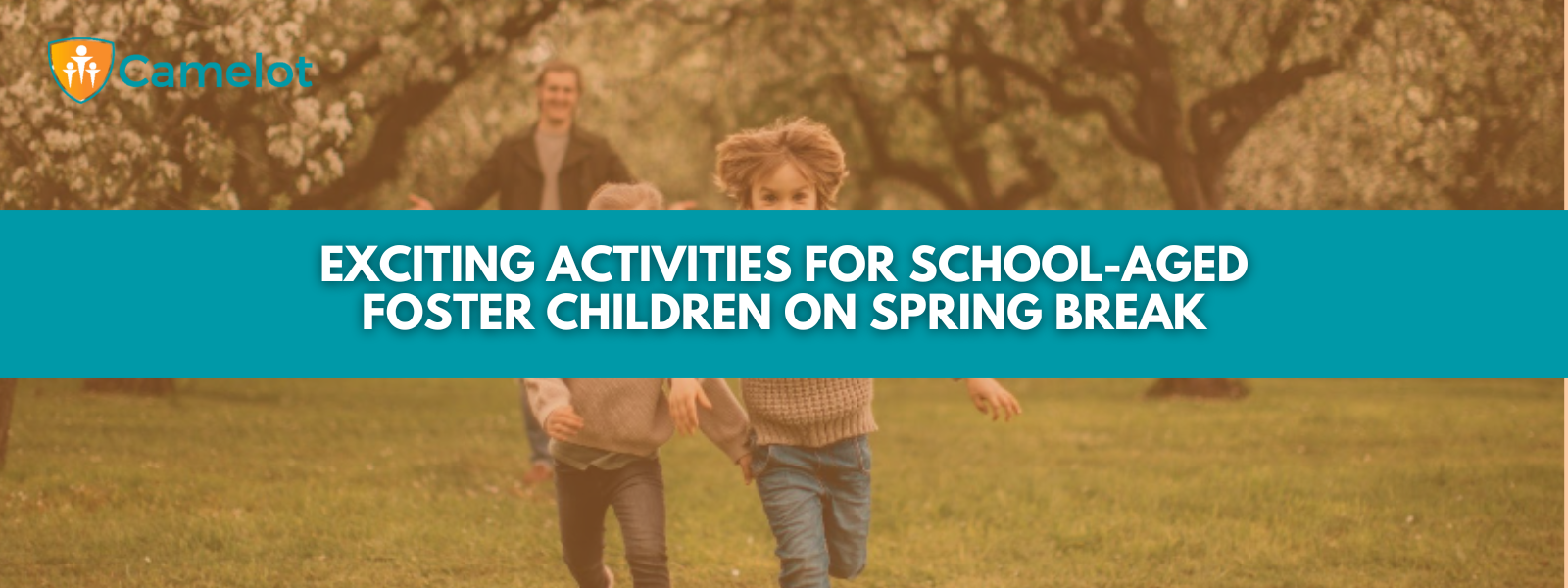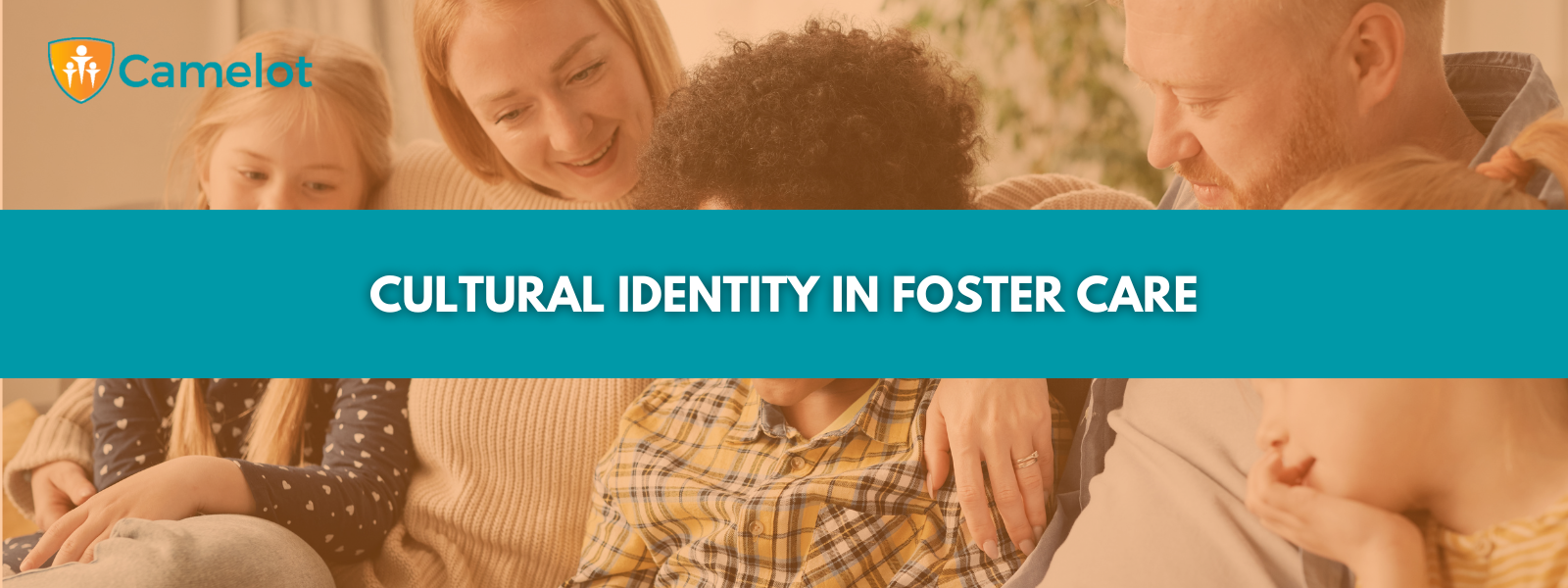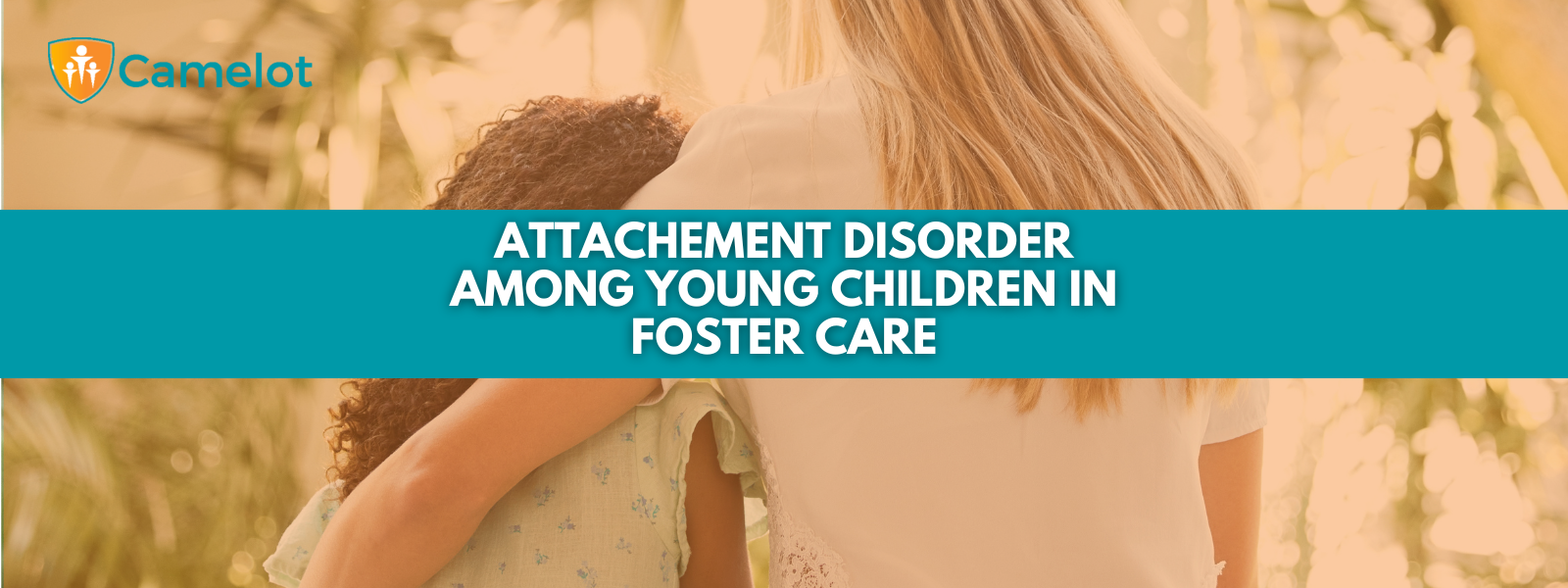What to Expect When You Become a Foster Parent
Becoming a foster parent is probably one of the most challenging and crucial decisions you will ever make.
Statistically, about 117,470 children are waiting to get adopted in the United States. What is the best place for these kids to wait until they find their forever homes? A loving foster home.
Unfortunately, statistics suggest that the availability of foster care homes in the US took a hit in 2020. The total number of licensed foster homes dropped from 218,927 in 2019 to 214,421 in 2020. There is an urgent need for stable and caring foster homes for children of all ages. If you are willing to become one, now is the time to start. However, it’s also imperative to be absolutely aware of what you are signing up for.
Seek Support
Becoming a foster parent will change your as well as the foster children’s lives. It will be a rewarding experience for you, but you must also be prepared to let them go eventually. There are many questions that you should be able to answer before starting this journey. For instance, if you have kids, are they ready to share their parents with other kids? Who will need more attention? Of course, a lot of people might not agree with your decision. But, if you think you are ready to open your home and heart to a child looking for love and stability, go ahead.
A foster child is dealing with the trauma of a broken home, an accident, or the loss of his family. When you bring such a child home, they still continue to suffer mentally. You may have to prepare them to attend court proceedings. You cannot expect your friends or regular parents to understand these scenarios.
They may not even be able to help you, considering they would’ve never faced it themselves. This is where a support group comes into the picture. Find a support group of foster parents. The parents you meet in these groups will understand what you’re going through because they are going through the same challenges. Their first-hand insights into child behavior and psychology will prove extremely helpful for you.
When you network with these foster parents, they’ll walk you through the challenges that you face. In addition to this, always attend all the training sessions your foster agency offers. They’ll guide you through the journey and introduce you to the process of caring for kids who are injured, both physically and emotionally. Sometimes they organize special events where you will get to meet fellow foster families. Network as much as you can and make friends. You’ll turn to these friends for advice whenever you get stuck in your foster parenting journey at the end of the day.
Preparing The Paraphernalia
Your foster child could be coming to your family from anywhere. He may be shifting from a foster family or a foster agency. There are chances that they may have been removed in an emergency from his biological home due to challenging circumstances. It’ll be wrong to expect them to come with all the necessities.
Since it’s impossible for you to always know about them in advance, keeping at least the basic stuff handy is a wise decision. It would help if you stocked up on basics needed by children of every age, such as toothbrushes, towels, body wash, face wash, and the like. Once that is taken care of, start thinking of age-specific products. Set aside a gender-neutral room for them and stock up on snacks.
Expect The Unexpected
While all the training you go through will surely help you lead the way, there will be a lot of learning throughout the journey. Every child is different. Foster children are dealing with trauma, so be prepared for emotional fallouts. When it gets overwhelming for them, there will be a good amount of tantrums, anger, aggression, and extreme emotions that’ll be thrown your way.
Nightmares, sudden emotional outbursts, and tantrums that last for hours are some examples. When the child is going through all this, it’s imperative for you to stay stable and calm. There’s no doubt it will be difficult. Take time to know your foster child. He will already be adjusting to a lot of new things during a challenging time. So, you’ll have to adjust with him. Then again, don’t forget that they are just children. Gradually introduce him to the rules of the house. Help them adjust and adapt to your routine and normal life. This will give him hope of things returning to normalcy.
The Importance of Biological Parents
When you see the condition of your foster child, the chances are that you will always end up getting emotionally invested in the child. But always remember that your foster child’s biological parents are not bad people. They are good people who make bad choices.
Like every other parent, they want their child to be in a safe and happy environment. Always keep them posted about their kid. They will also help you understand the foster child better. Ultimately, your goal is to reunite the child with his/her biological family. Now imagine the plight of the parents who had to part ways with their children. Respect their emotions and empathize with them.
In many cases, the biological parents turn their lives around just to be united with their child. It acts as a significant motivating factor. Therefore, support their relationship and help it grow.
A Changed Lifestyle
Fostering a child is not that different from parenting one of your own. When you give birth, the first few months are hard. Likewise, the first few months are hard for both the child and you. Expect your life to be turned upside down. Once you sign up to foster children, your entire world will revolve around being available for any sudden arrivals.
And once you begin fostering, the child will require extra care, attention, love, and support. If you have children of your own, you need to have a conversation with them before registering yourself for foster. In most cases, it has been seen that fostering inculcates empathy and compassion in the biological children. That being said, it’s a journey for every member of the house. Foster children will require your time. So, it’s vital to note beforehand that you will have to adjust your existing schedule.
Most importantly, never take things personally. Foster children may come with a lot of psychological baggage and may act out at times. While this can be emotionally draining for you, it’s important to be patient and give them time to work through their emotions.
Unmet Expectations
There will be many unmet expectations that you’ll have with your foster child. Don’t draw conclusions from movies or even experiences of other foster parents you know.
It’s more challenging than it appears. You might end up loving the child instantly, but he/she may need more time to start trusting and loving you. Try not to take it to your heart. There is a high probability the child may not feel safe in your house. He/she will have plenty of fears. It’s your duty to do everything in your power to make the child feel safe and secure. Remember - the foster child is not coming to you out of his/her own will. He/she has no option than shifting to a strange place with strange people and sometimes doing this abruptly. It’ll be easier for you to help the child once you start respecting the child’s feelings.
Take Your Time
Parenting is a gray area, and foster parenting is a tougher one. It’s an adventure where every day is a new learning experience. Your heart may feel ready to take up the task, but it’s crucial for your mind to be aware of what’s coming. Never hesitate to seek support because you are going to require a lot of it.
You may find yourself in unpredictable situations. Nobody knows how to do it right all the time. Do what feels right for you, and always trust your gut. Don’t expect yourself to be 100% prepared before the foster child’s arrival.
If you think you are ready to move forward, we at Camelot Care Centers offer training and trauma-informed care options such as counseling and parent support/training. Our expert team provides high-level foster care for children and adolescents. Get in touch with us and open your heart and home to a child in need.
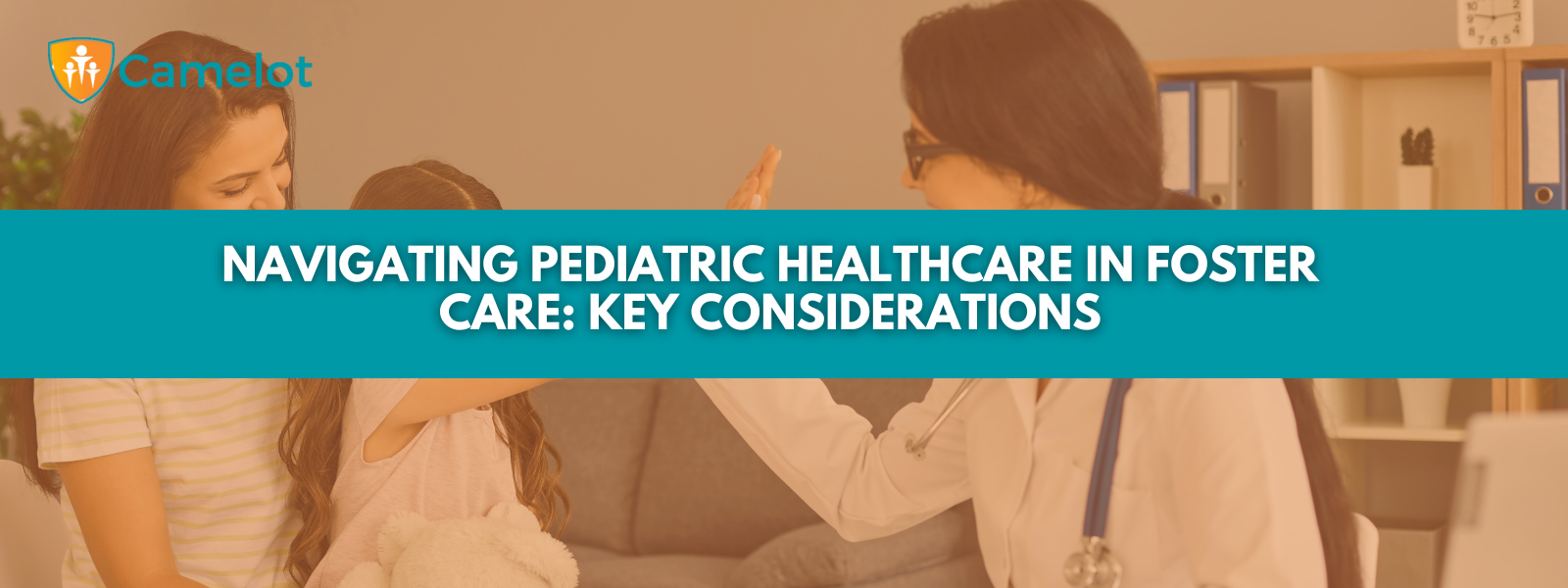
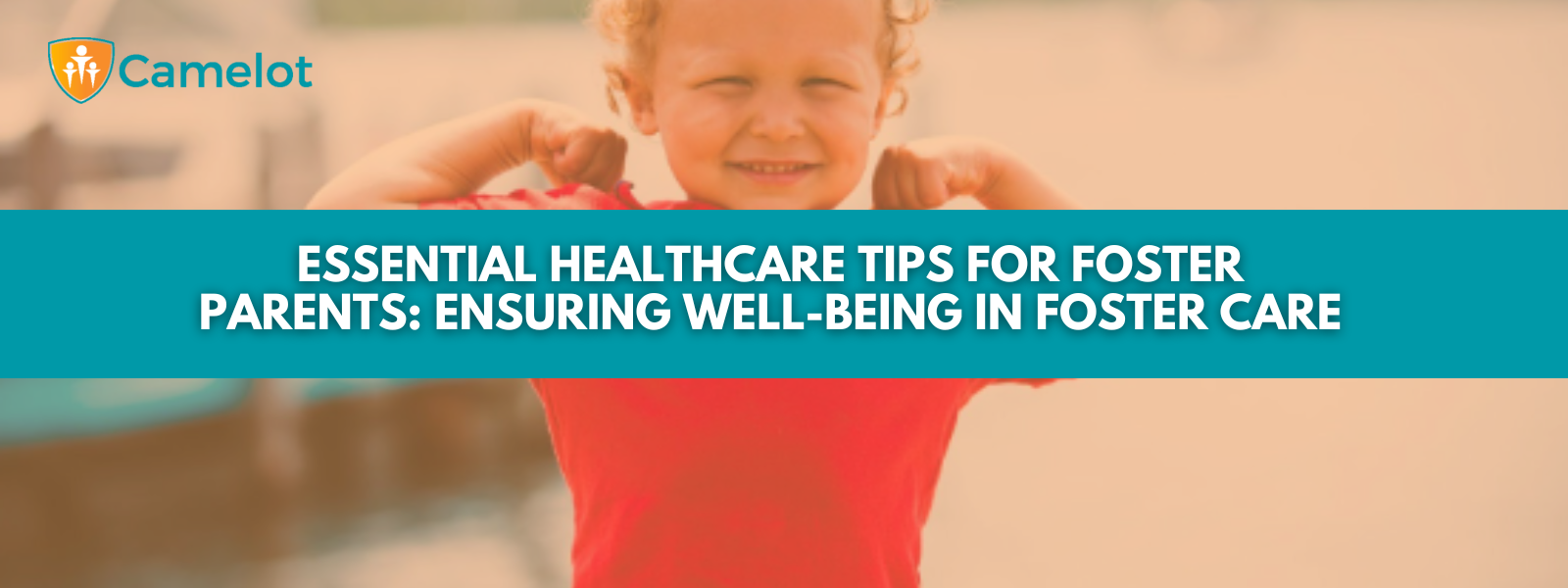
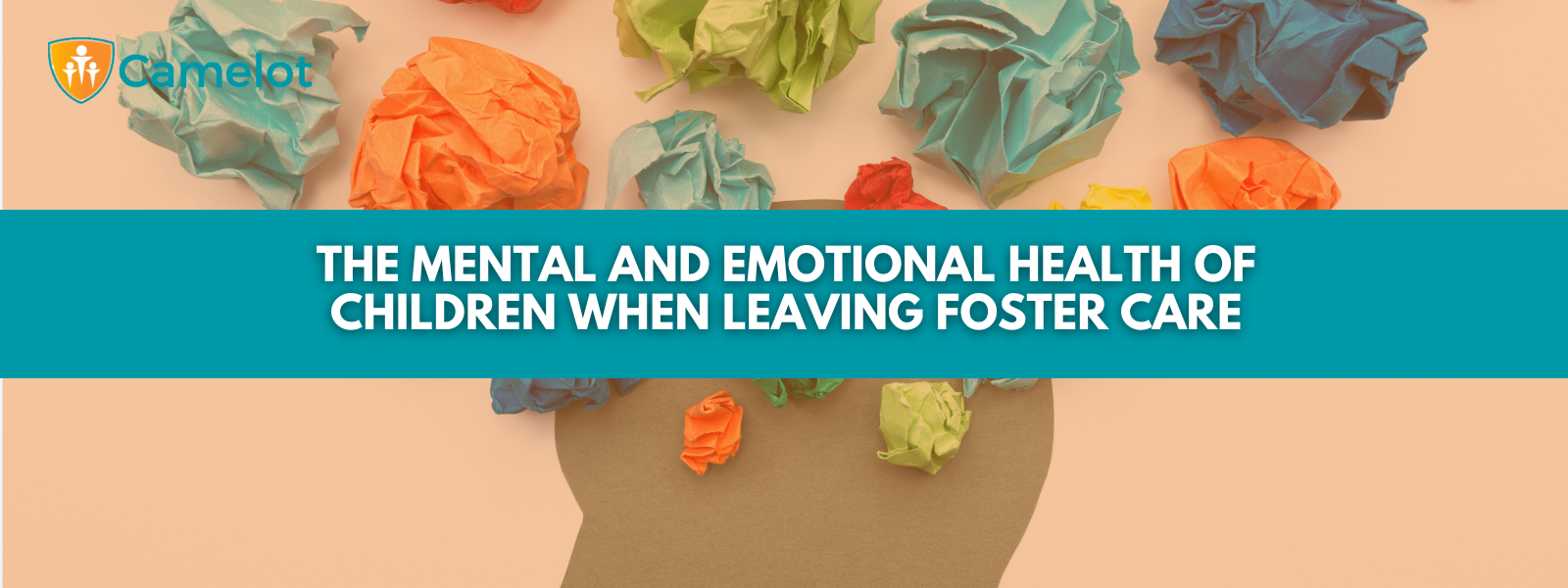
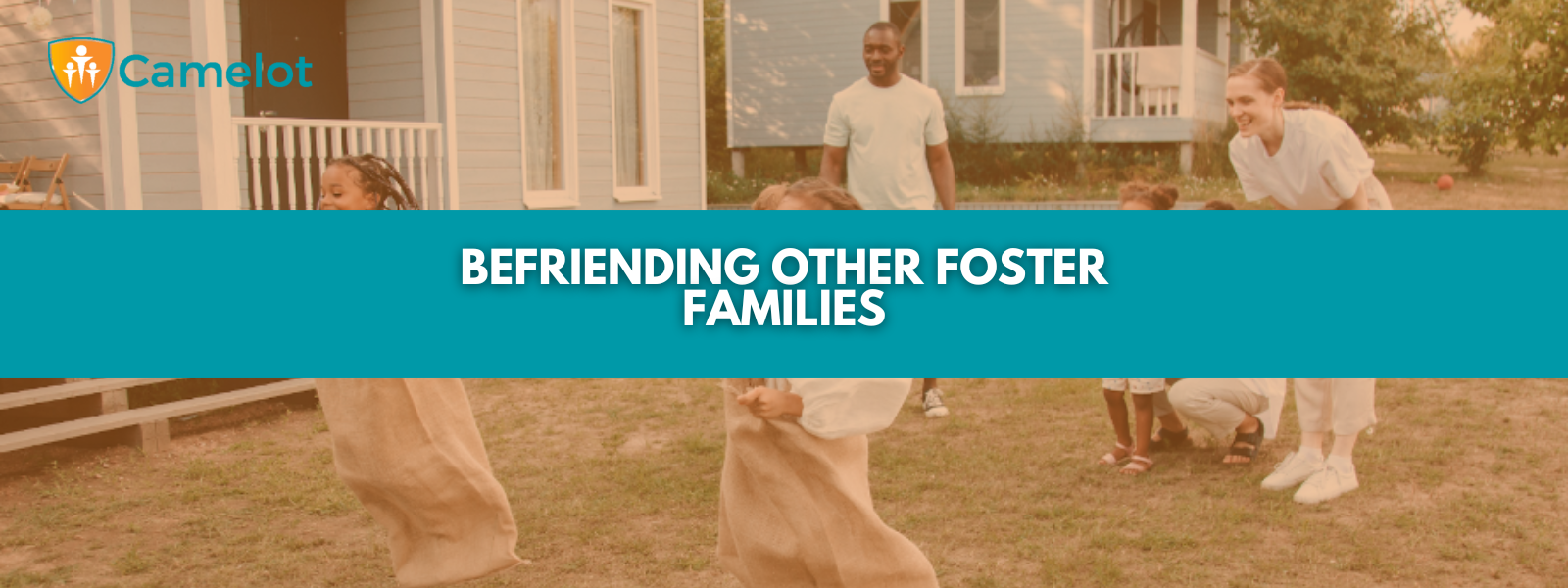

Camelot Care Centers

